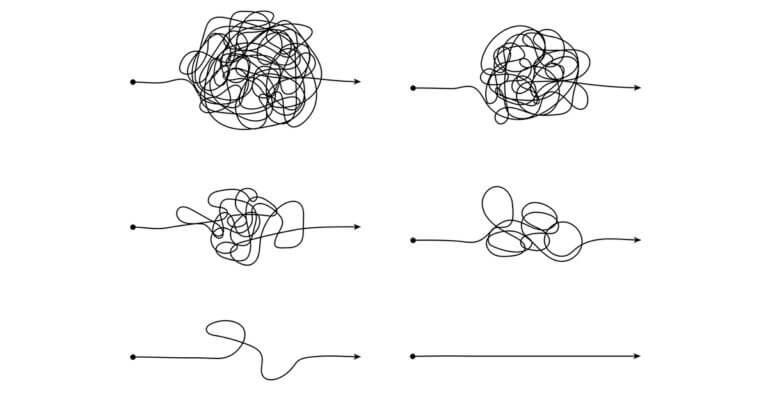October 16, 2018

Reducing Low-Value Care Gets Personal
It’s like FBI profiling but for doctors—doctors who order too many unnecessary diagnostic tests.
Researchers from Canada have escalated the fight against low-value healthcare services by focusing on the doctors themselves rather than on the types of tests or the medical profession in general.
In a new study in JAMA Network, researchers from the Institute for Health Systems Solutions and Virtual Care at Women’s College Hospital in Toronto published their results of an analysis of the test-ordering habits of about 2,400 primary-care physicians practicing in Ontario.
They looked at how many times each doctor ordered one or more of four tests considered to be of low value for a patient’s medical condition. The four tests were:
- A bone-density scan for patients who had a scan within the past two years
- An electrocardiogram for patients at low risk for heart disease
- A Pap test for female patients younger than 21 years of age
- A chest x-ray for patients at low risk for cardiopulmonary disease
The pool of physicians ordered more than 300,000 of the four tests over a four-year period, from April 1, 2012, through March 31, 2016.
Their hypothesis was that a physician who orders one low-value test is more likely to order more low-value tests than physicians who don’t. And they were right.
Some 18.4 percent of the physicians were what the researchers labeled “generalized frequent users,” meaning they ordered two or more of the low-value tests. Generalized frequent users were responsible for 39.2 percent of all the unnecessary tests.
The researchers then looked at the characteristics of the generalized frequent users of low-value tests, or profiled the type of doctor most likely to order them. Those doctors tended to be:
- Male
- Further removed from medical school graduation, which was a nice way to say older
- And were reimbursed predominantly on a fee-for-service basis
The researchers concluded that efforts to encourage physicians to reduce the use of diagnostic tests that offer little or no clinical value to patients but none-the-less drive up healthcare costs be targeted.
“Tailoring future interventions to these generalized frequent users might be an effective approach to reducing low-value care,” they said.
It’s getting personal. Very personal.
Author
David Burda is a columnist for 4sight Health and news editor of 4sight Friday, our weekly newsletter. Follow Burda on Twitter @DavidRBurda and on LinkedIn. Read his bio here.





